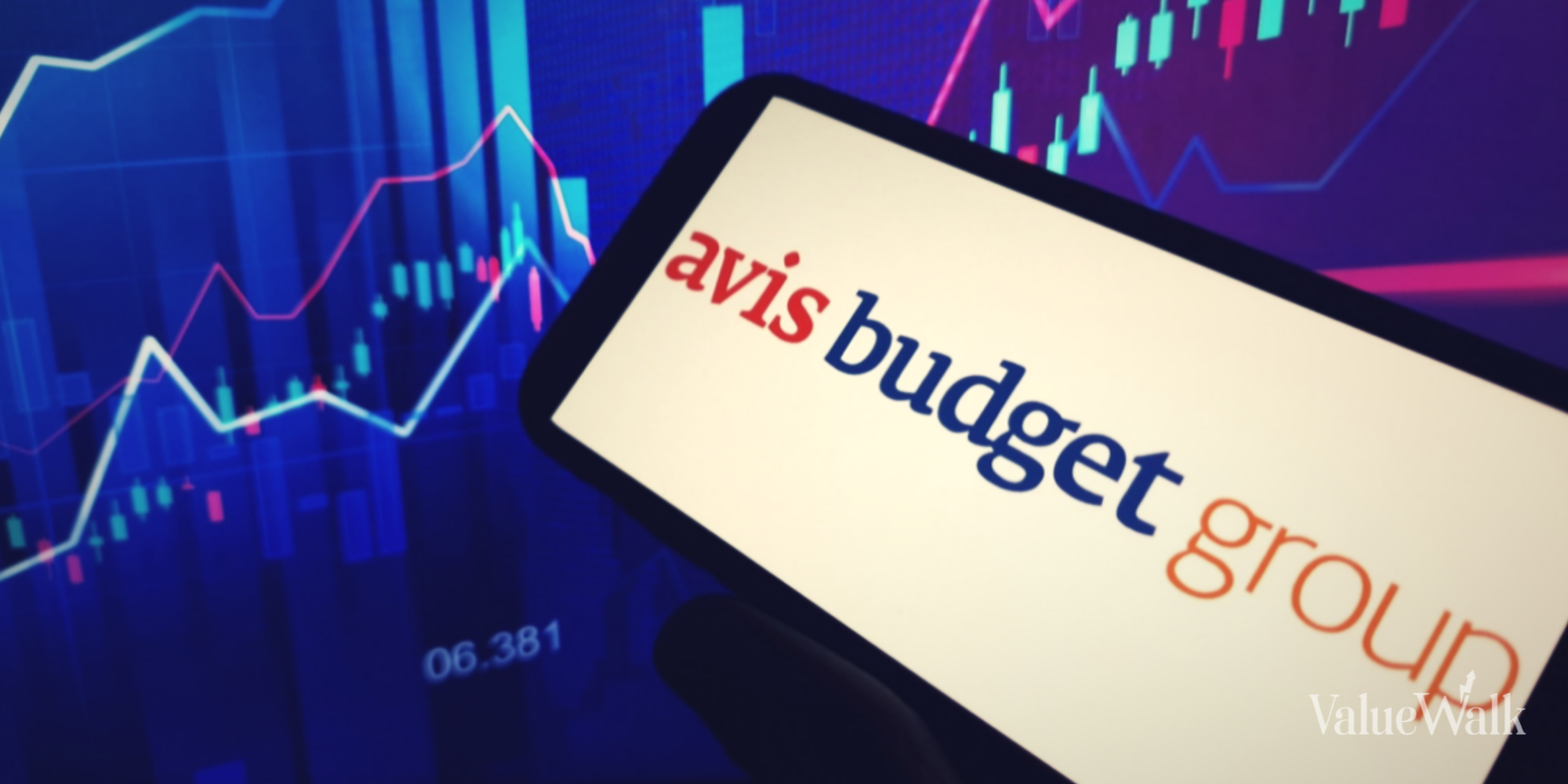It has been a crazy year so far for one of the leading rental-car companies, Avis Budget Group (NASDAQ:CAR).
The nation’s second-largest car-rental company behind Enterprise was one of the top gainers on Tuesday, as its stock price surged some 6% to roughly $114 per share. However, Avis shares only clawed back some of the losses incurred following the release of the fourth-quarter earnings results on Feb. 12. The stock plummeted some 22% the next day, tumbling from $168 per share to $130 per share, and then it kept dropping in the days that followed, finally reaching about $100 per share.
In the span of just 10 days, Avis Budget stock had fallen 40%. Since then, it has slowly moved up off those lows until Tuesday, its best day in months. Let’s see what prompted the move and try to determine if Avis Budget sustain its momentum.
Tough market for used-vehicle sales sparks sell-off
Before we get into the catalysts for Tuesday’s move, let’s go back a month to see what spurred the sell-off. Avis Budget actually reported a decent quarter, beating earnings estimates while falling only slightly short of revenue projections. Revenue was essentially flat in the quarter at $2.7 billion, while net income was down 39% year over year to $260 million, or $7.10 per share.
The concern among investors had more to do with Avis’ decision to sell off its fleet of used cars at a big discount. The company had a record number of vehicle sales for a fourth quarter, gaining $50 million on the sale of those vehicles, but that sales total was 60% lower than in the previous fourth quarter.
In part, the sales gain was so low due to interest rates, as interest costs were up 70% to $106 per vehicle in the fourth quarter, compared to $62 per vehicle in the fourth quarter of 2022. Additionally, the gross depreciation per vehicle was higher than expected at $306 per car, up from the anticipated $300. These factors took a chunk out of Avis’ profits, but selling the cars was a strategic decision, as President and CEO Joseph Ferraro explained on the Q4 earnings call.
“This was driven in part by our forecast of a normalizing used-car market, and we wanted to harvest gains on older model year fleets while the opportunity was still there,” Ferraro said.
While Avis Budget did not provide an outlook for this fiscal year, the little it did say did not sit well with investors. While rental demand is expected to grow in the mid-single digits in Q1 compared to Q1 of 2023, the gross depreciation per vehicle sold will be even higher at $325 per vehicle this quarter.
“[W]e believe that it is prudent for our operations and healthy for the overall industry to exit vehicles despite the used-car-market conditions,” Chief Financial Officer Izilda Martins said on the earnings call, adding that it is important to match vehicle supply to just under demand. “We prefer to run out of the incremental vehicle than have an un-utilized vehicle on the lot. You will continue to see us to put this into practice as we de-fleet throughout the first quarter and the earlier part of the second quarter to maintain fleet to under demand throughout 2024.”
Why Avis Budget stock is rising
A couple of things happened in the past few days that may have lifted Avis Budget stock. One catalyst may be a major shake-up at competitor Hertz Global Holdings (NASDAQ:HTZ), where CEO Stephen Scherr is leaving after roughly two years at the company. Scherr had made a big investment in electric vehicles when he came to Hertz. However, that big bet on EVs did not pan out, as customers did not want the hassle of charging EVs while on vacation or business. This past January, the company sold one-third of its EV fleet at discount prices.
Effective April 1, Scherr will be replaced by Gil West, the former chief operating officer of Delta Airlines (NYSE:DAL) and the head of General Motors’ (NYSE:GM) Cruise unit. The turmoil at its rival may have provided Avis Budget with a lift.
However, the bigger catalyst was a bullish report on Avis Budget stock from Bank of America. BofA initiated coverage of the stock on Tuesday, setting a $170 price target and giving it a Buy rating. That would be up almost 50% from its current share price.
BofA analysts noted that Avis Budget’s earnings have stabilized. They also anticipate that its earnings will recover faster than those of its peers due to its improved efficiency, stable pricing, more consistent performance, and a favorable outlook for travel spending, among other factors.
BofA also cited Avis Budget’s dirt-cheap valuation, as it’s trading at just 2.6 times earnings with a forward price-to-earnings ratio of 5. The BofA recommendation lends credence to the notion that the February sell-off was overblown, but it did make this stock extremely attractive from a valuation standpoint. While Q1 could be a little rocky, the near term looks much better for Avis Budget as we head toward lower interest rates and an increase in travel spending. Thus, the stock is hard to ignore given its rock-bottom valuation.
Disclaimer: All investments involve risk. In no way should this article be taken as investment advice or constitute responsibility for investment gains or losses. The information in this report should not be relied upon for investment decisions. All investors must conduct their own due diligence and consult their own investment advisors in making trading decisions.





